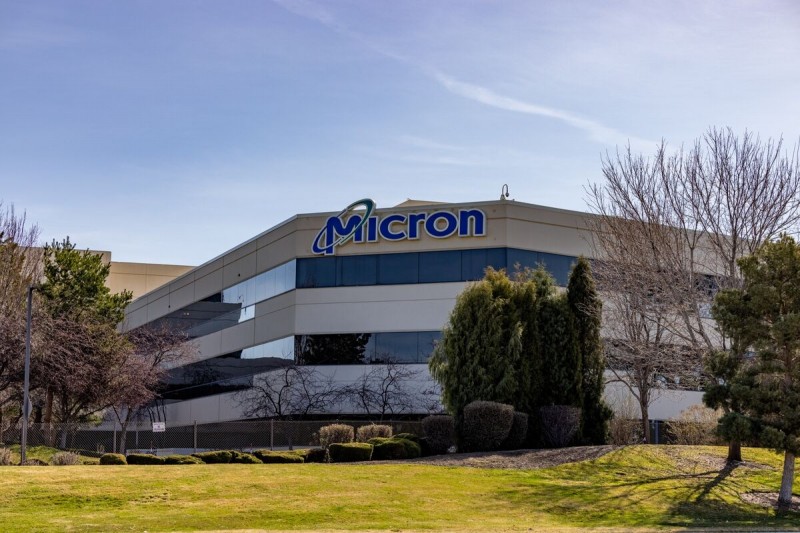
New Delhi:- The deal with Micron during Prime Minister Modi's US visit made headlines as a major technological breakthrough and a fresh start for India's electronic chip manufacturing industry. This jubilation over the deal with Micron means that India has completely lost sight of a key technology for making electronic chips.
And the tech-savvy will recognize that Micron's deal only covers the packaging, assembly, and testing of chips on the relatively low end of the electronics industry. It doesn't even touch the core technology of chip design and manufacturing, let alone the Holy Grail of chip manufacturing technology. The lithography equipment plays a central role in chip manufacturing.
India's refusal to impose sanctions on Russia and its refusal to cooperate with the West and the G7 on the basis of a "rules-based international order" has put India-US relations in a precarious position. Where the West makes all the rules. Modi and Biden could soon face difficult elections, and both sides were desperate for a fresh start in India-U.S. relations. For India, it will usher in a new dawn as it acquires technology in key sectors of India. For Biden, India is part of a long-term de-risking plan to separate its industries and markets from China.
Also Read:- UK Households Withdraw Record £3.8 Billion from Savings Amid Rising Borrowing Costs
Even now, the Modi government is finally beginning to understand that technology is not something that money can buy on the global market. It is a deep knowledge of companies and countries. Today, electronics power everything.
From battlefields to artificial intelligence, from simple washing machines to the most expensive fighter planes. In the Ukraine war, chips worth a few dollars are at the heart of everything from cheap drones to the most expensive planes and missiles. In warfare, tanks and artillery are also combined with missiles and drones to dominate the modern battlefield, while radars and satellites provide real-time information to those in battle. As with most industries and devices, modern electronic chips are the "brains" of all these devices.
If India wants to maintain its autonomy in world affairs, it needs to start thinking about the future of its electronics industry. Central to the electronics industry is the ability to manufacture next-generation chips. If not today, at least tomorrow. And we have to start today because we missed the chip manufacturing bus when we decided not to rebuild the chip factory we built in Mohali, the semiconductor complex.
Also Read:- MP Govt Extends Industry, Trade License for 10 Years: CM Chouhan
A key part of our independence in the electronics industry, this factory was destroyed in a mysterious fire in 1989. So what's the deal with Micron? Micron is a leading manufacturer of memory chips and this business has made the company one of the world leaders in the semiconductor industry. Foxconn has no experience in chip manufacturing, and unlike Foxconn Vedanta's much-publicized manufacturing proposal, it would have the skills to do so if it decided to set up a memory factory in India.
But that's not what Micron offers. The company has proposed building a factory in Gujarat to exclusively "assemble, package, and test" chips manufactured elsewhere by Micron. Micron also has such chip manufacturing facilities in the United States and China, and its chips are packaged and tested in India. So if chip manufacturing is India's goal, the deal with Micron will fail to achieve it.
What they get is the lowest level of chip manufacturing technology that assembles and tests chips manufactured elsewhere. We are not competing with the US, China, South Korea, or Japan for chip production, but with countries like Malaysia. Malaysia is already far ahead in this area, accounting for about 13% of its OSAT outsourcing market globally. Having such factories in Malaysia, and now India, is part of a de-risking strategy for US companies, moving production of low-end chips to countries such as Malaysia and India, while at the same time reducing US production like Micron's $100. It will encourage new high-end chip manufacturing. A billion-dollar factory in Clay, Washington.
Also Read:- Apple to Expand its trade-in tariff for Everyone
The cost that India has given to the Tech Giant is 70% amount but the whole ownership will be still held by the Micron Company. The chipset that the brand is going to make by setting up the first and the biggest plant in India.